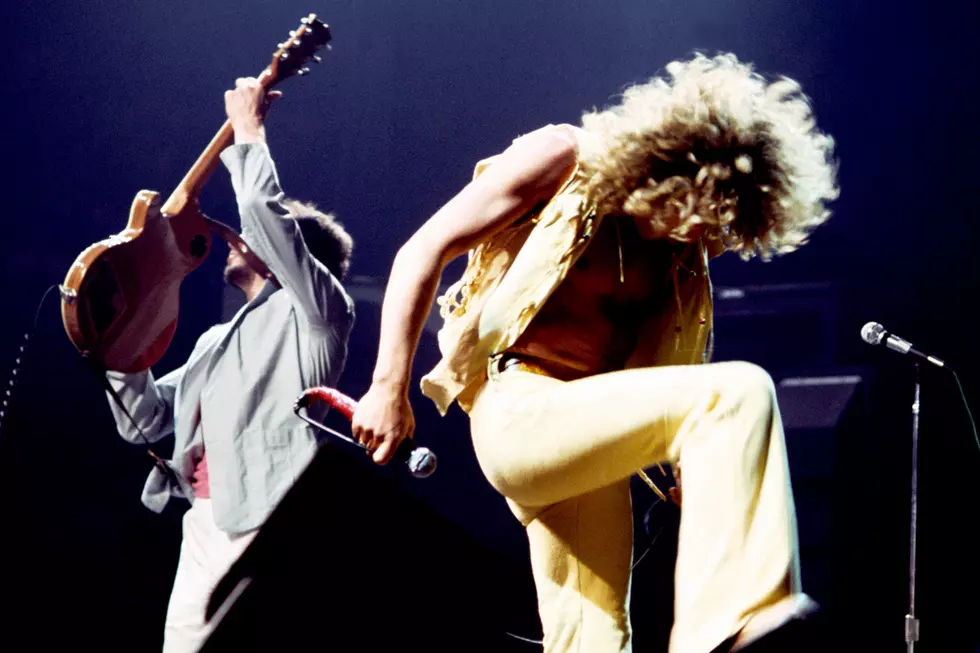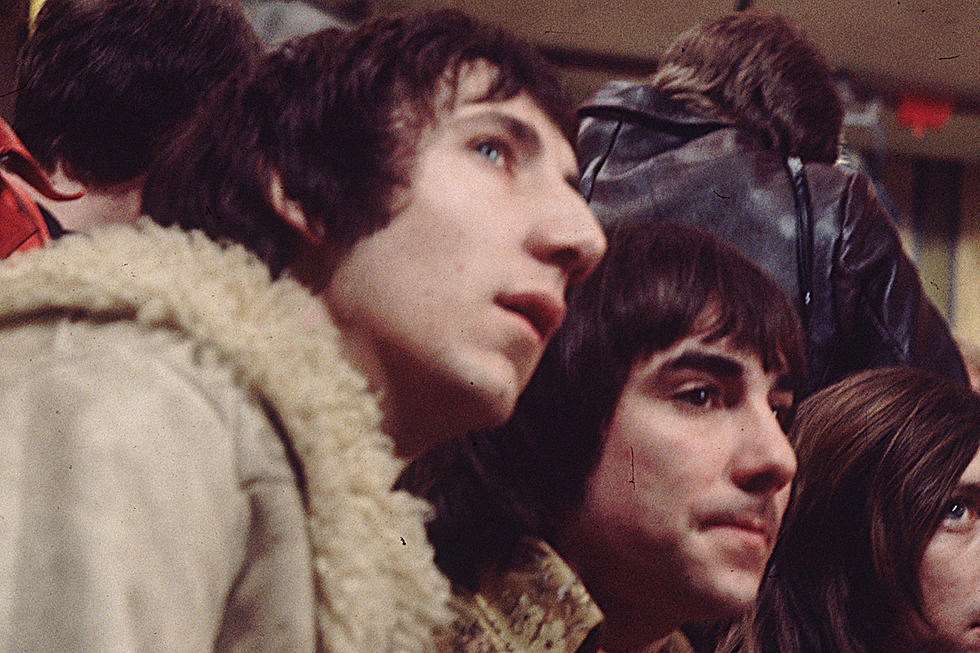
Pete Townshend Says He Fooled Himself Over 1967 Flop Single
Pete Townshend recalled how the relative failure of the Who’s 1967 single “I Can See for Miles” left him “disappointed” and “worried” – but reflected that he’d fooled himself over the episode.
Despite reaching the Top 10 in the U.S. and elsewhere, the only single to be lifted from The Who Sell Out fell short of its writer’s expectations. He’d come to believe it would become his greatest success story.
“Kit Lambert, who was our manager and my songwriting and composing mentor back then… His godfather was William Walton, the English classical composer,” Townshend told Rolling Stone in a recent interview. “And when he heard ‘I Can See for Miles,’ he wrote Kit a letter thinking that Kit had written the song… he didn’t think any of us goons could have done anything like that, praising him for the adventurous harmonies.”
He continued: “Maybe I just got carried away with how clever I thought I was. I was disappointed. It wasn’t just disappointed that we didn’t get a hit. It was that I was worried that I couldn’t do any better. And that I had exhausted my sense of humor, my sense of irony with songs like ‘Pictures of Lily,’ ‘I’m a Boy,’ and ‘Happy Jack.’”
Townshend accepted it was a “possibility” that the charts weren’t ready for a track like “I Can See for Miles and Miles.” He reflected: “[W]e were [once] knocked off the top by some comedian [Joe Dolce] whose song was called ‘Shaddap You Face’ … There was another song that was Number 1 coming up to Christmas in the U.K. that I think knocked the Beatles off the top of the charts. I can’t remember the exact context… it went, ‘Grandad, we love you…’ I remember thinking, ‘Jesus, this stuff just shouldn’t be in the charts!’”
He went on to observe the positive results of his disappointment, saying: “I don’t know, I suppose I was fooling myself. I [had] thought, ‘This is a masterpiece and it will be treated as such. It will become the biggest selling record in music history!’ I just wondered, ‘What do I do now?’ And that led to concepts and to Tommy.”
The Best Song on Every LP by the Who
More From 99.1 The Whale










